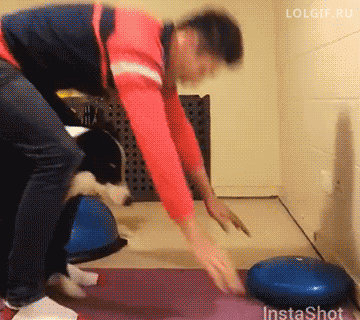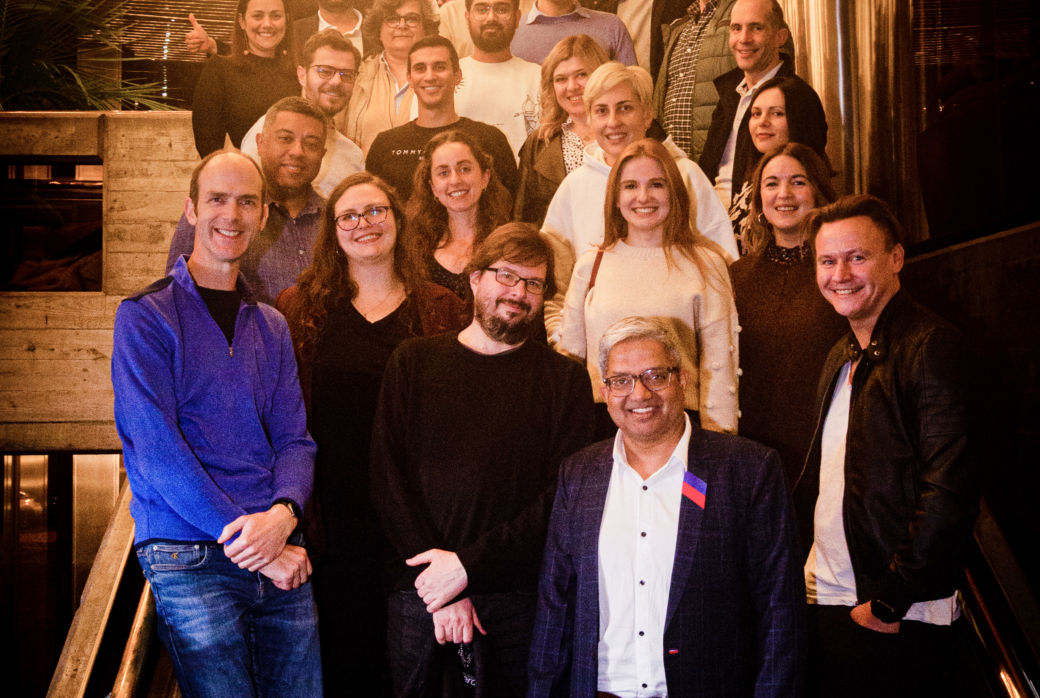Neuroplasticity: hacking a flexible mind
In the past few years, several studies have dismantled the way the human adult brain was seen as fixed and unchangeable.
It was previously thought that the brain was fully developed at a young age and would not change after – as they say, you can’t teach an old dog new tricks! Now it is known that this is not the case. The brain can always be molded throughout life by our experiences.

Neuroplasticity or Brain Plasticity refers to the brain’s essential ability to change, grow new connections and adapt over the course of a lifetime with the brain work.
With every repetition of a thought or emotion, we reinforce a neural pathway and habit formation and way of being. But keep in mind it adapts to whatever we do, our brain is incapable to tell from a good to a bad habit.
Neuroplasticity is at work throughout life: use it or lose it
How to use this knowledge to our advantage? Well, exercises teach the brain to have more flexibility – so as being creative.
It helps to recognize the pattern and know how to influence it as well to overcome procrastination with strategies to defeat it by stimulation.
There are 3 types of changes expected with neuroplasticity: chemical, structural and functional.
When we experience something new over minutes to hours, and over the next weeks they form functional synapses that stabilize new information. Takes somewhere around 30 days of new habits and 3 months for a regenerative mind cycle. How cool, hun?
Imagine taxi drivers. A study in 2000 discovered that London taxi drivers, who know the city by heart, have a larger back hippocampus – role in memory and spatial map representations – than London bus drivers -, it explains how our experiences bring on changes in the number and strength of synapses.
The way we interact with our environment is the key to rewiring our brain.
But our society becomes more and more automated… and lose focus with multitasking.
Enriched environments equals enriched experiences
So how to regain flexibility, aka plasticity
Sensorial and motor exercises
Help to stimulate an enriched environment, stepping outside of the comfort zone and take the resistance as a useful tool. Just try for 30 days to shower with eyes closed or brush the teeth with the opposite hand.

Cognitive and Social exercises:
Is clear from a number of studies that one’s ability to remember something is largely dependent on its emotional context. Most people remember where he or she was when 9/11 happened, but not in the 7th of the same month. Also, interactions keep the mind sharp.
“Whatever we do most, whatever we pay attention to, we will become better at it”.
The neuroscience of (new) habits
Repetition is the mother of the learning.
- For new habits, the first time is required a mental effort, focus and energy consuming. The matter increases strength and speed, every single time we do it, so it’s practice over and over and over again…
- We can shift to the old habit, so we need to know about motivation. We should be liking the actual behavior, listing things we want to change by linking something that gives us joy to a new habit. Think about Keanu Reeves when he referred “I know kung fu” after implementing new habits in his brain by a computer.

Changing existing habits
Unless we deliberately go against the habit, it not fades.
Habits stay in our system – like driving, exercising,…
To redesign anatomy of habits is important to understand it is formed with cue/trigger (which is the signal), routine/action (set in motion) and reward (which helps your brain figure out if this particular loop is worth remembering for the future and in the chemical level is a release of dopamine and leads to craving). We only need to tweak one of the 3 components, to develop new habits, so shaping our brain and words can really influence our rewiring.
Procrastination, willpower and motivation
Procrastination is waaaay far from lazyness: pprocrastinators are hard working people too, but doing stuff avoiding other stuff to do, is like… just being busy! We’re capable of rational thought but that doesn’t make us rational beings. Nah, we are social, contextual even instinctive beings before rational.
Let’s think first about the Iceberg analogy:
- Top of the iceberg: who we are or how we make decisions in life is there. The little voice in our head is our conscious self, the one with self-awareness taking decisions maturely.
- Beneath the surface: 3 types of unconscious drivers: genetic, life experiences (recorded in our brain even if we don’t remember!), and context/environment drivers.
These 3 assign value to things and those suggestions get in competition between each other.
Now going back to procrastinating: there are around 9 types of procrastinators. Examples would be such as the Perfectionists: the ones never happy with the result never finishes by postponing the deadline; Or Equalizers: a failure on planning and organization, everything is important as urgent and ‘something just came up’.
That being said, we have the seed of willpower, the little voice in our head who has the amazing faculty to override all the suggestions and go with something else. The issues on willpower are on fighting ‘symptoms’ and not causes. It’s not the willpower that is sometimes lower, is the temptation is overwhelming.
So motivation is the answer, not willpower! It’s about planning, routine, and good habits. Here you go!
We will see next week some Brain hacks to overcome procrastination, strategies in the professional environment, and how neuroplasticity and design thinking cohabit together for problem-solving.




